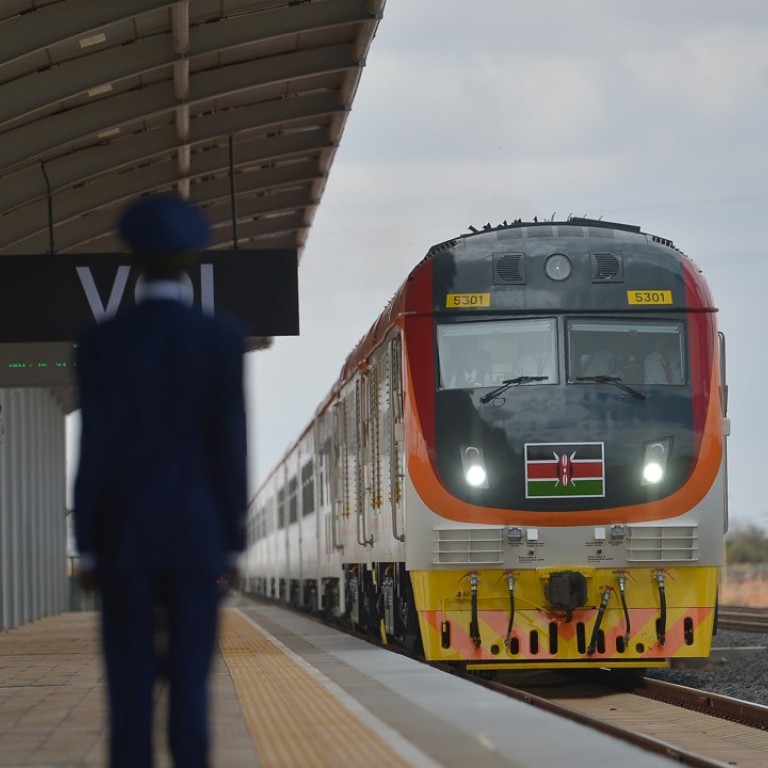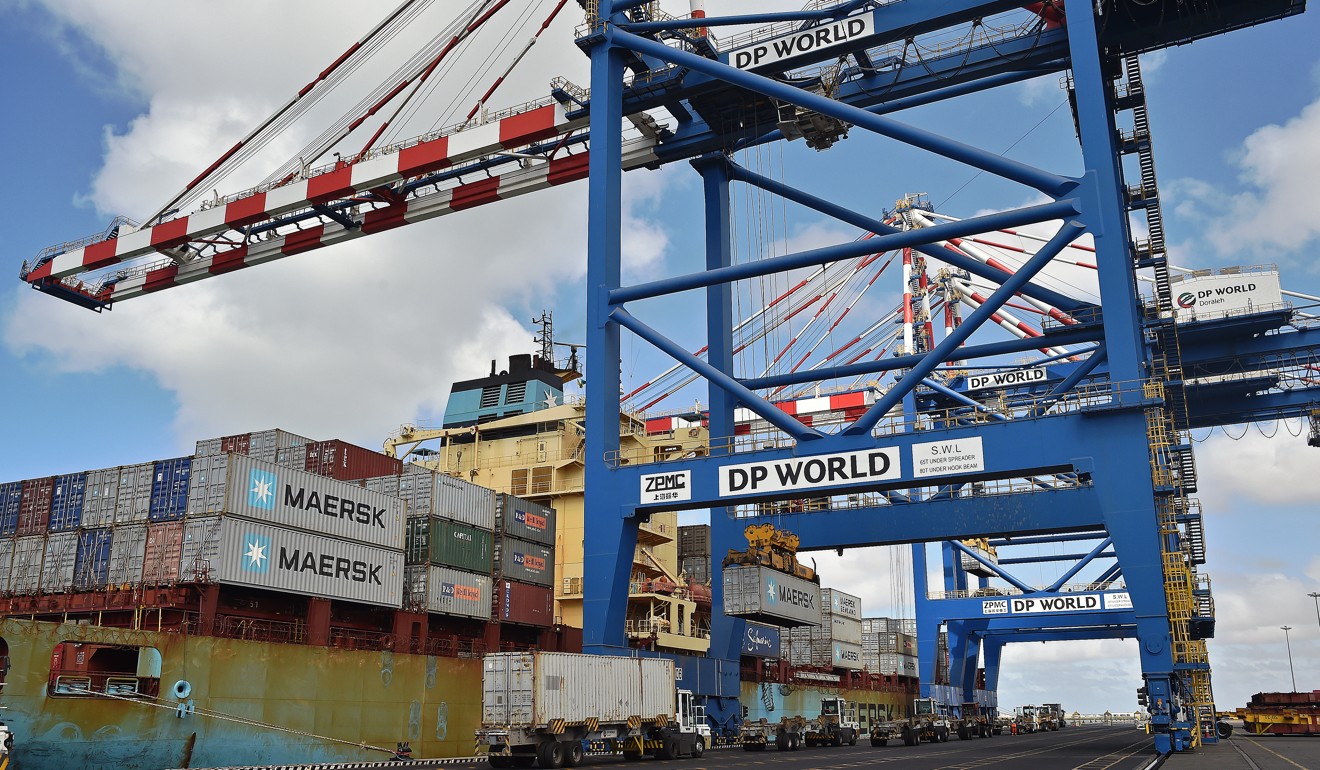
African countries still open to cooperation on China-funded projects, ambassador says
No one ‘distancing themselves’ from investment opportunities, Zhou Yuxiao, Beijing’s ambassador to Forum on China-Africa Cooperation, says
African countries remain open to cooperation with China on the development of infrastructure projects under the “Belt and Road Initiative”, a senior Chinese official said, despite concerns in some Western countries about Beijing’s growing influence on the continent.
Speaking during his tour of East African countries, Zhou Yuxiao, China’s ambassador to the Forum on China-Africa Cooperation, said Beijing was seeking to develop new areas of cooperation, according to a report published by Xinhua on Tuesday.
“I have met the African leaders. They are all optimistic about our cooperation,” Zhou said. “I have not found anyone distancing themselves from this partnership.”
The belt and road trade and infrastructure plan is a pet project of President Xi Jinping. At the China-Africa summit in Johannesburg in 2015, he announced that US$60 billion would be made available to African countries in the form of loans and other assistance.
Wang Yiwei, an international relations expert at Renmin University in Beijing, said greater cooperation between China and African countries could be beneficial to both sides.
“African countries find it difficult to get funding through international organisations, so China provides them with an alternative. For China, building infrastructure projects in Africa can help to ease its overcapacity problems and expand its foreign markets,” he said.

Despite Beijing’s willingness to invest in belt and road projects in Africa and elsewhere, concerns are growing in some quarters that the loans are creating serious debt problems for the host nations.
Earlier this month, Washington-based think tank the Centre for Global Development rated as “junk”, or below investment grade, the sovereign debt of 27 nations out of 68 listed as belt and road partners – suggesting that, as a key creditor, China should review its lending standards.
The debt levels of eight countries – Pakistan, Laos, the Maldives, Mongolia, Montenegro, Tajikistan, Kyrgyzstan and Djibouti – could rise dramatically because of the initiative, it said.
Despite its claim that the loans come with “no political strings attached” Beijing has attracted a lot of criticism and suspicion from the West, with some observers describing the investment as a form of neocolonialism.
Liu Naiya, an African affairs expert at the Chinese Academy of Social Sciences, said China’s growing presence in Africa had definitely set alarm bells ringing.
“Western countries, especially in Europe, have extensive economic interests in Africa, so China’s expanding role there is making them a bit stressed,” he said.
More than 50 Chinese state-owned enterprises have invested in or helped develop about 1,700 belt and road projects since the initiative was launched, Xinhua reported in December.
Projects in Africa include a railway in Kenya, running from the capital Nairobi to the port city of Mombasa, and the 600-megawatt Karuma Hydroelectric Power Station, which is currently under construction in Uganda.
A report published in November by Baker McKenzie and Silk Road Associates said the belt and road scheme offered considerable investment opportunities for African nations, especially those in the east of the continent, like Kenya, Tanzania, Ethiopia, Djibouti and Egypt.
The Forum on China-Africa Cooperation was set up in 2000 as a platform for trade and cooperation between the two sides. It was upgraded to a summit in 2015, with the next meeting scheduled to be held in Beijing in September.

